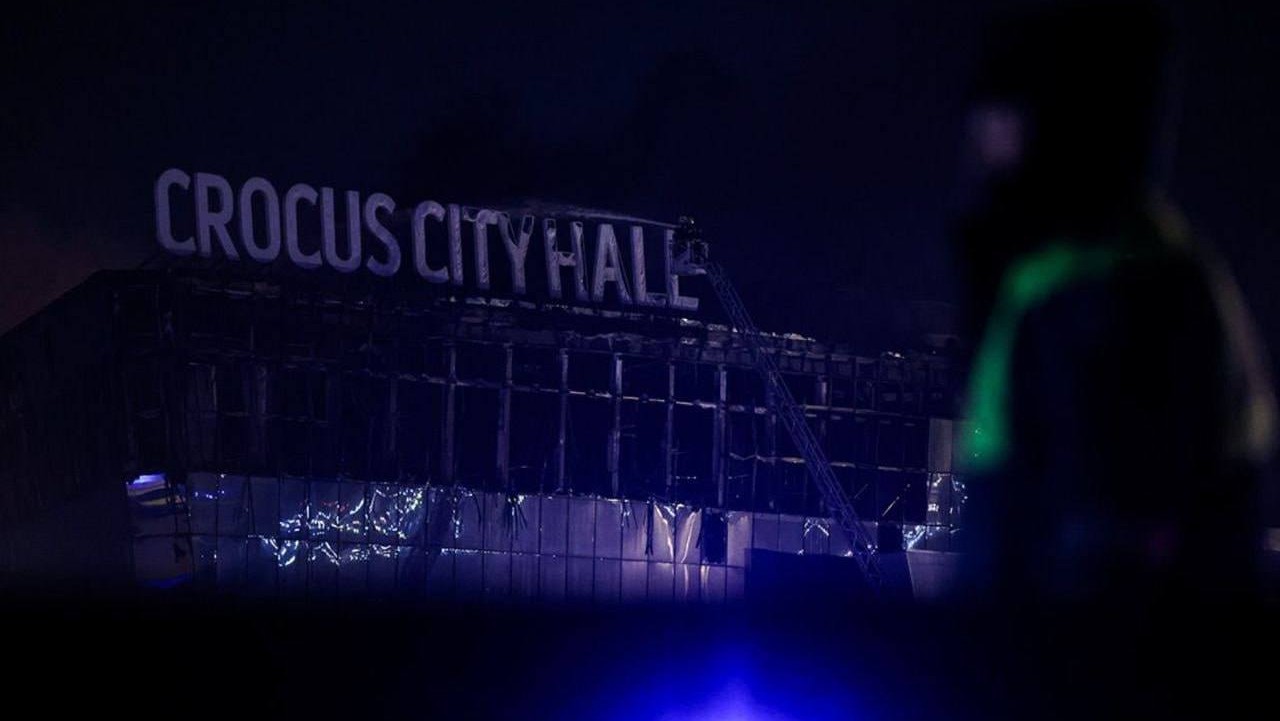Today's Headlines and Commentary
Published by The Lawfare Institute
in Cooperation With

We all know about the standoff between the Senate Intelligence Committee, headed by Dianne Feinstein (D – CA), and the CIA. That relationship got a little testier this weekend when former NSA and CIA director Michael Hayden, while chatting with Fox News Sunday, used the adjective “emotional” to describe Senator Feinstein's reactions, as Salon reports. The comment, naturally, has ruffled quite a few feathers; the New Yorker has come to Feinstein’s defense, calling Hayden out on his response. In other CIA related news, the Washington Post covers a fascinating story about the agency’s involvement in helping to illicitly distribute a novel, “Doctor Zhigavo,” throughout the Soviet Union as a propaganda weapon during the Cold War. Twenty years have passed since the end of the Rwandan genocide. The Telegraph contemplates the progress that the global community has made since---highlighting the situations in Syria and the Central African Republic, it seems as though the wider international community is still slow to respond to similar devastation and mass displacement. Commemorations are under way today in Kigali to remember the hundreds of thousands of lives that were claimed during the Rwandan genocide. BBC notes that a notable absence from the ceremonies will be that of the French delegation, who have pulled out of the events after the Rwandan President accused France of participating in the mass killings two decades ago. Email the Roundup Team noteworthy law and security-related articles to include, and follow us on Twitter and Facebook for additional commentary on these issues. Sign up to receive Lawfare in your inbox. Visit our Events Calendar to learn about upcoming national security events, and check out relevant job openings on our Job Board.In the months before Defense Secretary Chuck Hagel’s arrival in Beijing on Monday, the Obama administration quietly held an extraordinary briefing for the Chinese military leadership on a subject officials have rarely discussed in public: the Pentagon’s emerging doctrine for defending against cyberattacks against the United States — and for using its cybertechnology against adversaries, including the Chinese.
The idea was to allay Chinese concerns about plans to more than triple the number of American cyberwarriors to 6,000 by the end of 2016, a force that will include new teams the Pentagon plans to deploy to each military combatant command around the world. But the hope was to prompt the Chinese to give Washington a similar briefing about the many People’s Liberation Army units that are believed to be behind the escalating attacks on American corporations and government networks.





